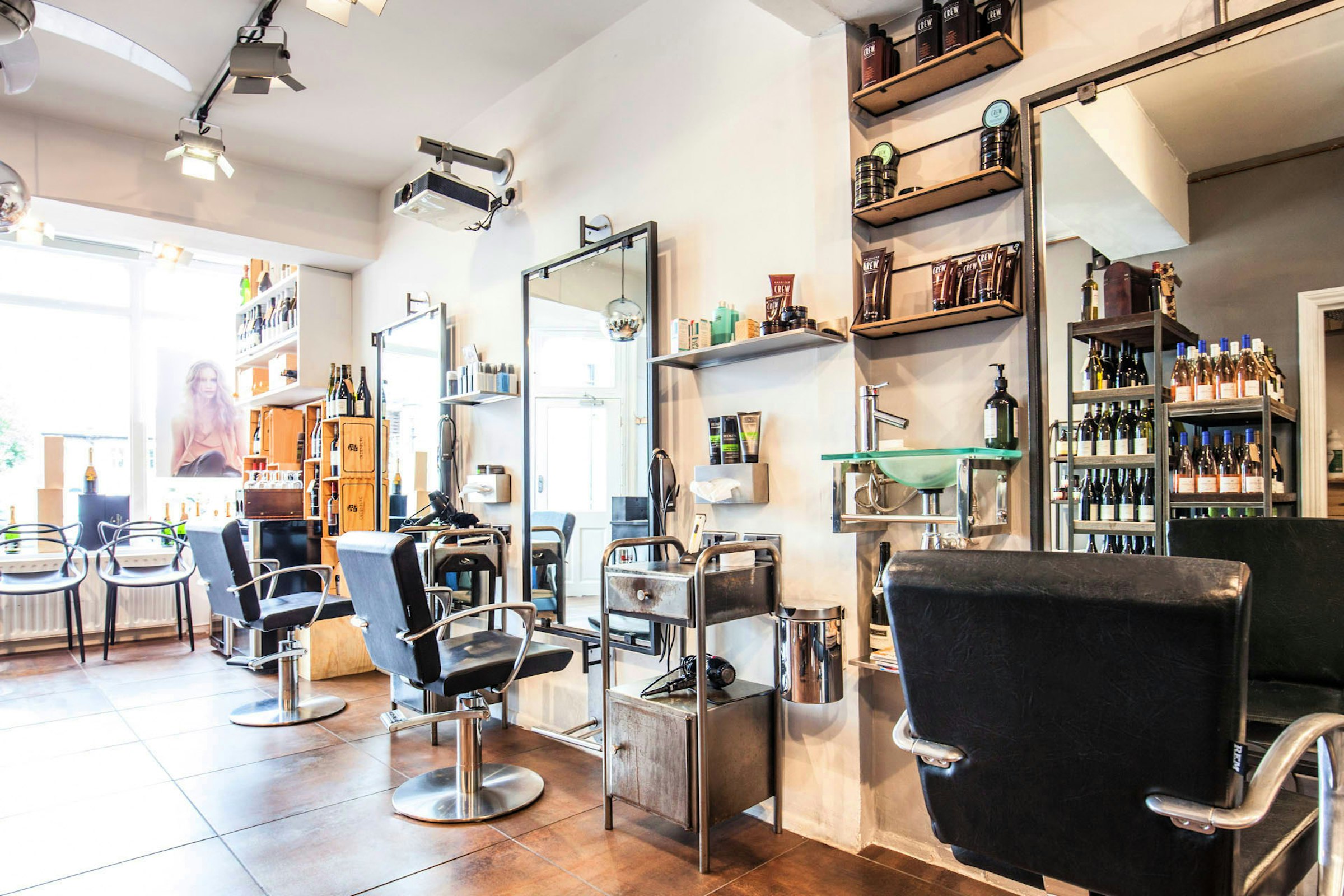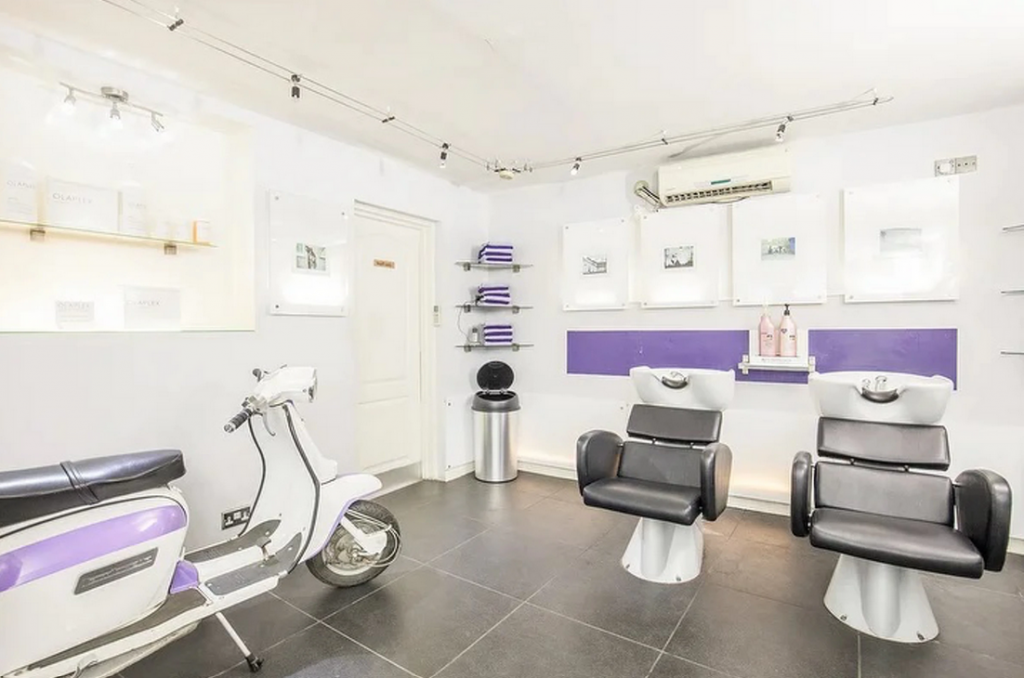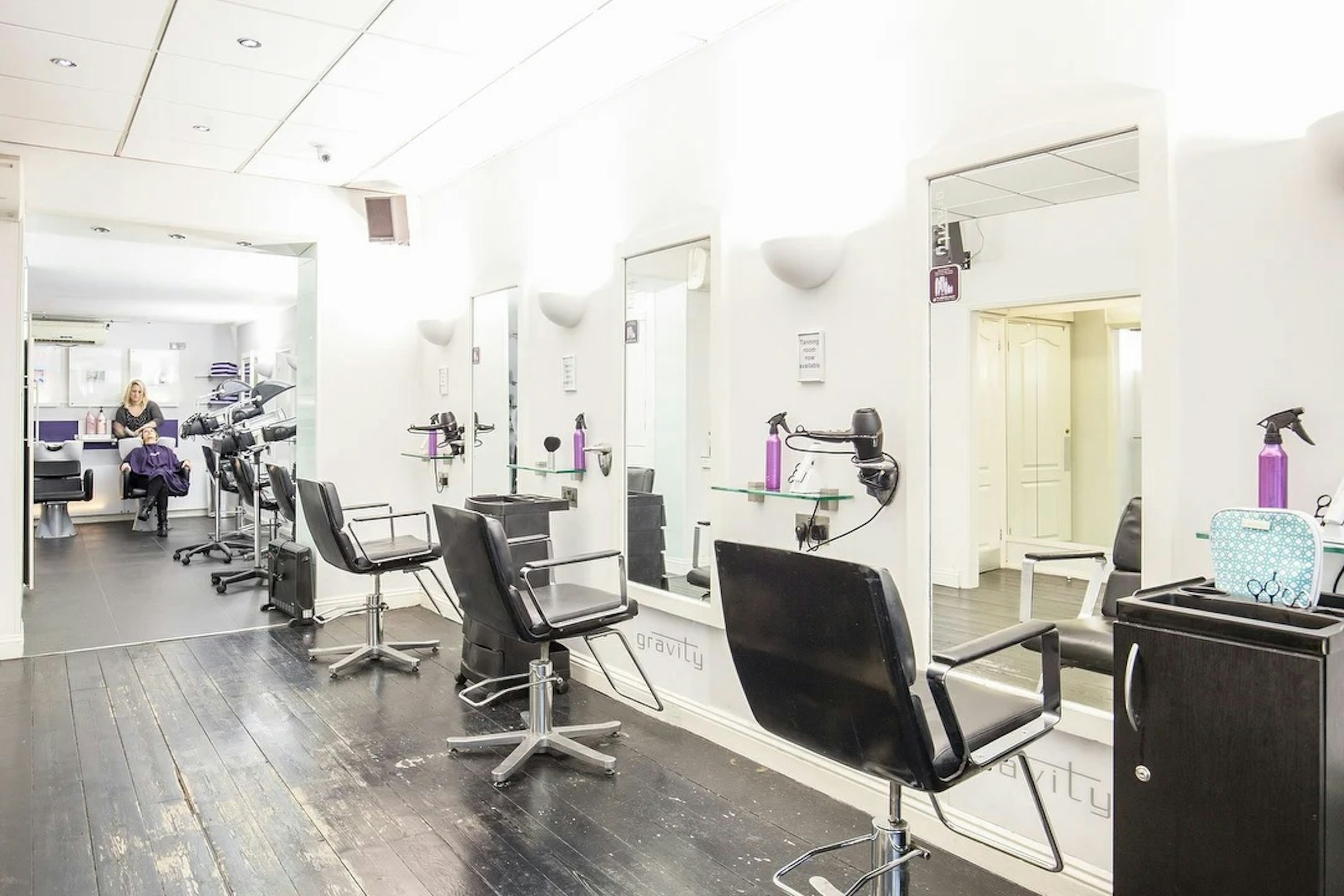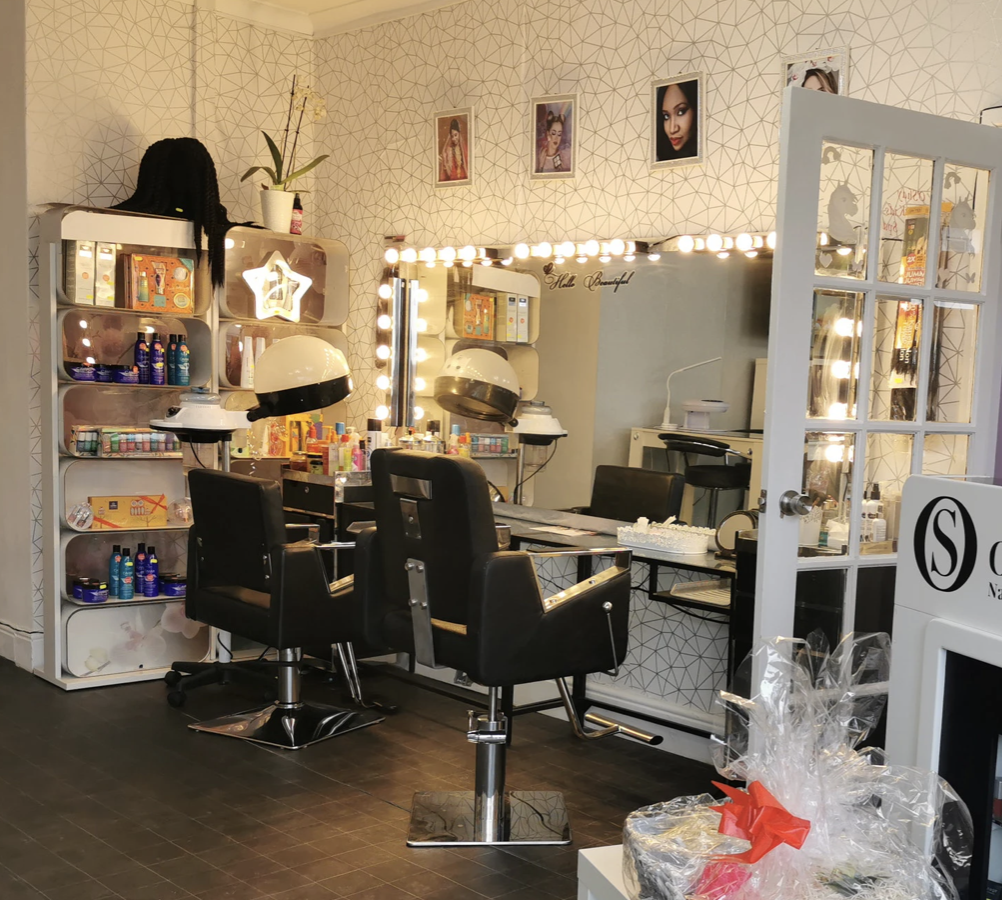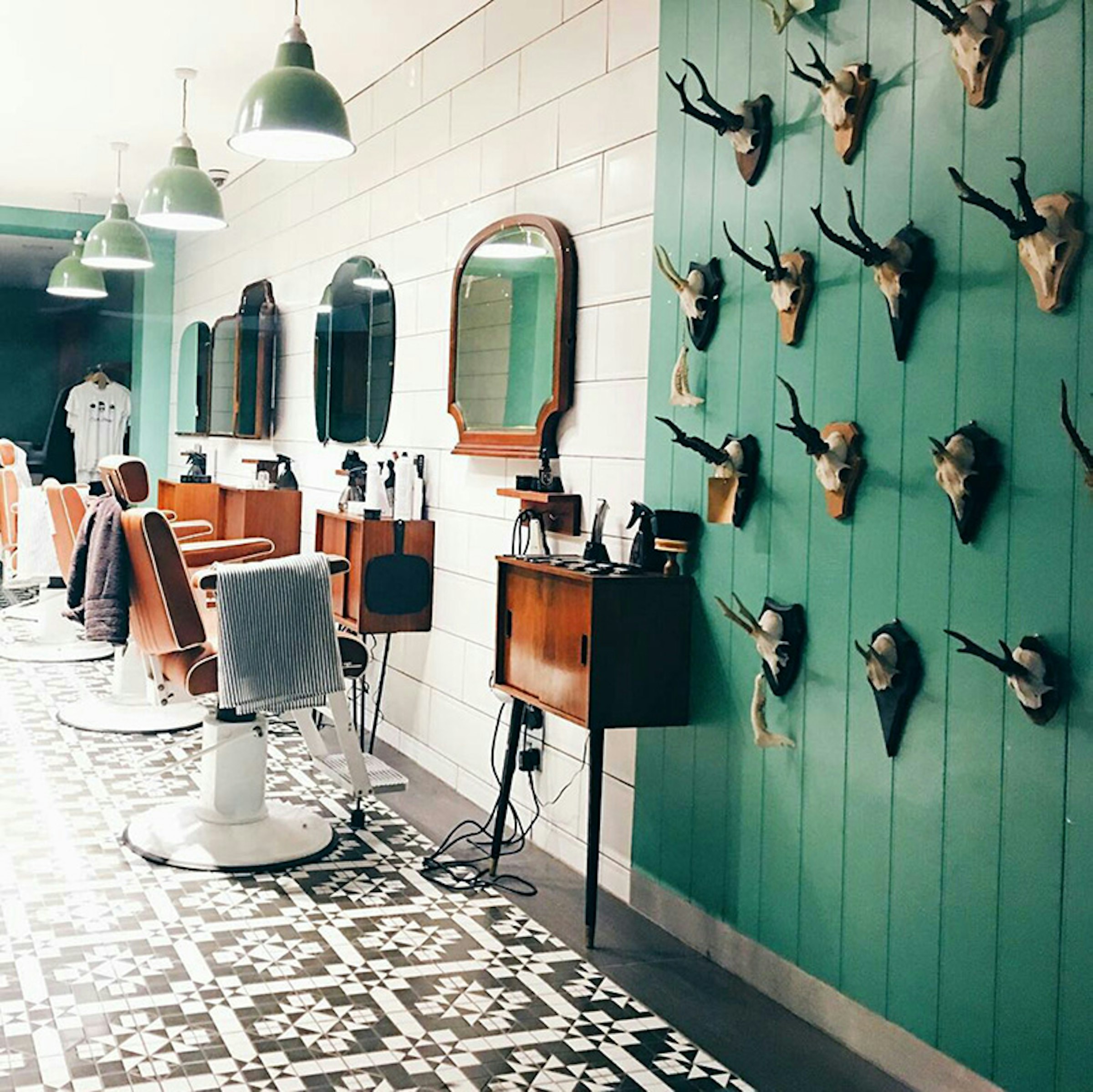Space, tools, customers! To take your business into your hands, these are the key ingredients of being either a freelance hairdresser or barber.
As tricky as it may sound to begin your career as a barber or hairdresser in the current climate, the demand for haircuts will remain as long as people’s hair continues to grow.
It is also considered one of the happiest professions to be in, given the level of social interaction you get to be a part of. This means there’s never a bad time to get started.
You may however be a beginner barber, intimidated by the pace of professional barbershop, or perhaps the opposite; you’re a hairdressing veteran looking for a change of pace, in which case you might be thinking about going freelance.
Being a freelance hairdresser or barber means you won’t be tied down to a specific salon or barbershop. You’ll be a lot more in charge of your prices, clients and hours too.
Let’s start positively with the immediate benefits of going mobile:
- High-flexibility: Perhaps the most obvious difference between working on commission and going mobile. As a freelancer you’re in charge of your times and your workload.
- Personal Rapport: Clients won’t be coming because they trust a commercial name, they’ll be coming because they trust you. Loyalty can be built up tremendously by getting to know your clients and being able to work in their home if they prefer.
- Payment: Not only can you set and experiment with your own prices, but not working from a salon or barbershop means none of your earnings are going to your boss.
- Travel: With no single space pinning you to one street, you have a lot more variety when it comes to workspaces. Perhaps you’re hiring a chair at a fancy barber’s, or working in the living room of a client with far too many pet dogs. Where you go is up to you.
- Marketing: Never been a fan of how the barber shop you worked at ran its adverts? Think your hair salon’s name lacks creativity? Do your colleagues suck at category names? On your own, you get full creative control. Spice up the company logo, give your company the perfect name; it’s all up to you.
Alison, a hairdresser who switched from working at a professional salon to freelancing, said this about how it differed:
“What I feel that working freelance over shop-based gives you is freedom, flexibility and the ability to earn new skills being your own boss. The ability to work as much as you want, or as little, if juggling childcare perhaps on occasions, and progress more so than if you were an employee.”
Space for Freelancing
While freelancing has a lot of benefits, new difficulties can arise too…
A travelling hairdresser may get to enjoy a change in scenery, sure.
But the cost of getting around to all these places may overtake that of a regular commute to the salon.
Likewise, taking your job into your own hands means you can’t rely on your company name to bring in a steady supply of customers anymore.
At the heart of these issues is workspace. For this reason a lot of people see renting salon or barber chairs as a good way of balancing the pros and cons.
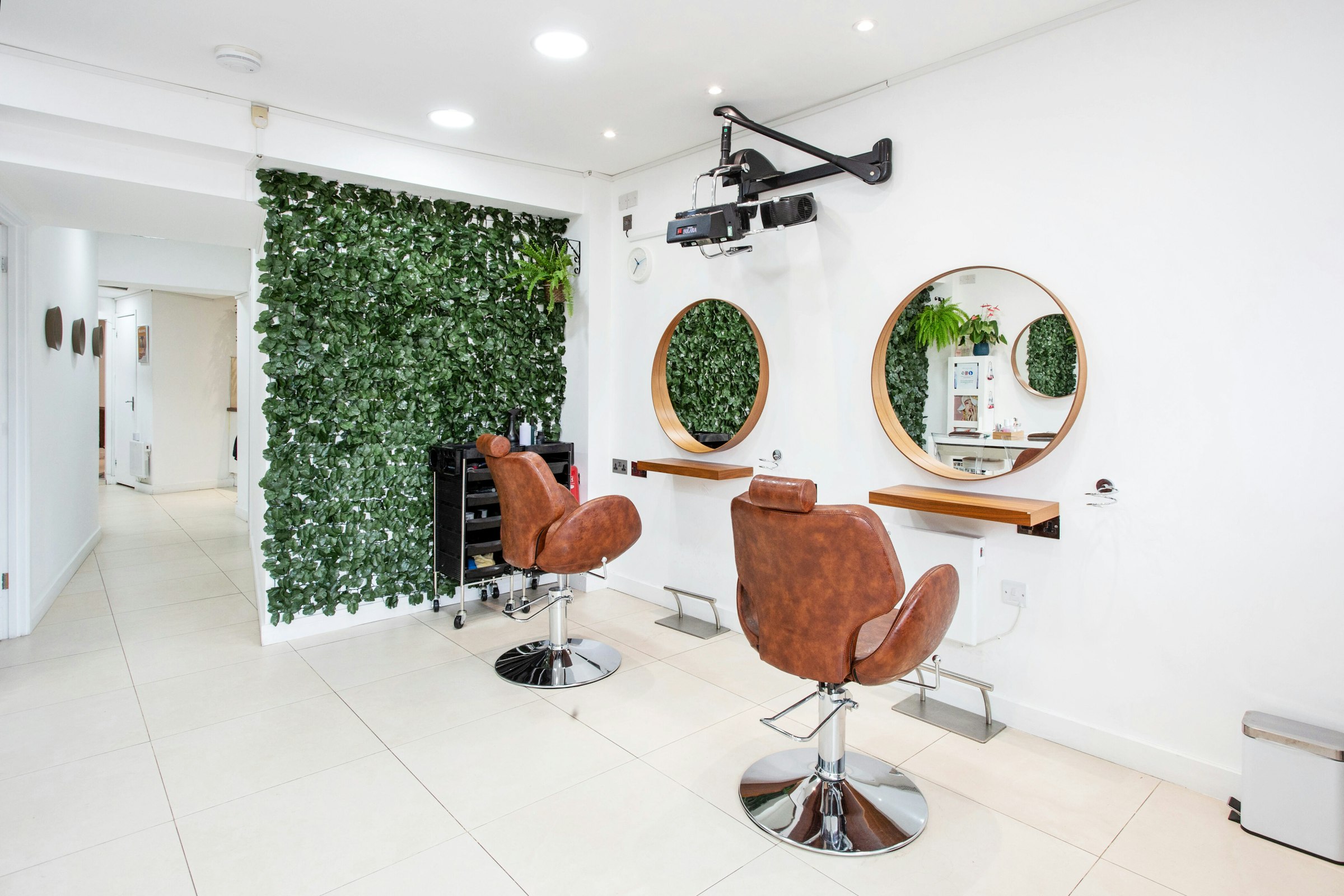
When renting a chair, you get to be in control of your own times and prices, while still having the luxury of a permanent workplace with an established customer base.
On a busy day, working from the right salon or barbershop will benefit you as much as it benefits them.
Naturally, there will be a commission given to your place of work, which is very important to research before deciding on a place to rent a chair from as prices can vary significantly.
You may also be able to negotiate a payment contract that’s more to your liking. Which is something that isn’t as easy to do in a more static work environment.
Equipment
Let’s fast-forward a little.
You’ve decided to become a freelance hairdresser, or barber. or maybe even both if you want the challenge. And now you’ve found the space or spaces to do it in.
The next hurdle you might be thinking about is the equipment. Working with various clients means you need a lot of different hair and beauty tools and products. Some of which you might only be using a couple of times.
Without a salon supply to rely on, how do you finance and manage all this gear?
This is another area that you’ll need to do your research on to ensure you have enough to invest in your freelance venture. This is where the road parts depending on whether you’re working as a hairdresser or as a barber.
However, two very important things to remember for any and all freelances are capes, towels and floor covers. The latter is especially important if you find yourself working in somebody’s house. You want to be spending time on your client, not on their carpet afterwards.
Additionally, if you’re not hiring a chair at a salon or barbershop, you’ll want to find out what kind of mirrors your client has to use for your session.
Essential equipment for a hairdresser:
- Scissors, combs, and brushes: Remember that with the core tools of hairdressing, there is no one-size-fits-all option. The length of a pair of scissors and the width of a comb’s teeth determines what kind of hair style and thickness you should use them with.
- Hairdryer: Important not only for drying hair as the name would suggest, but also for shaking loose a lot of cut hair (another reason getting a wide floor mat is important for in-house work).
- Curling irons: While you could get away with using your personal hair dryer in your mobile business, you have to take a bit more care with these high-temperature tools. These will be one of the bigger financial hurdles to get over when establishing your portable salon. So make sure you fully understand how to use them. Fortunately, you can also buy dummy heads with real hair to practice curling on. As long as, of course, having a head on your shelf won’t freak you out at night.
- Hair products: These will range from the simplest shampoos and conditioners to bleaching, dying and waving tools. It is here that having a more personal selection of clientele as a freelancer may work to your advantage. By talking with your customers not only will you be able to build a good rapport with them but you’ll also get a better idea of what style they want no matter how they describe it.
Alongside the classic tools mentioned above, as a freelance barber you’ll be dealing with a whole different set of hair. Here’s the unique equipment to keep in mind:
- Razor Blades: Again, different beards will need different shears, but for a clean shave you’ll be needing a proper set of blades, preferably with a holder that lets you alter the blade’s exposure.
- Clippers: The number-one barber’s tool. Like with hair curlers, these will likely take the biggest bite out of the equipment budget. You’ll also want to keep in mind the space you’re working in to decide whether you want corded or cordless clippers.
- Shaving gel and aftershave: If you’re going to be shaving any shape or form, you’ll be needing some of these
Just like with hairdressing, there are plenty more tools and products to choose from. Once again, the best way to do so without setting your finances back so much to begin with is knowing your clients.
At the end of the day, being a freelance hairdresser or barber will involve a lot of hard work. So it helps to make a few of the processes easier.
You need clients, you need equipment, but above all you need space.
HotPatch has a wide selection of salons and barbershops across the country with chairs and facilities available for freelancers.
We have a mixture of other spaces offering hourly, daily, or monthly hire to suit your flexibility needs. You can find everything pictured above and more here at our website.
For any further questions, please do reach out to us in the comments below, online or on our social media channels:
Instagram: @HotPatch_ | Twitter: @HotPatch_ | Linkedin: HotPatch
